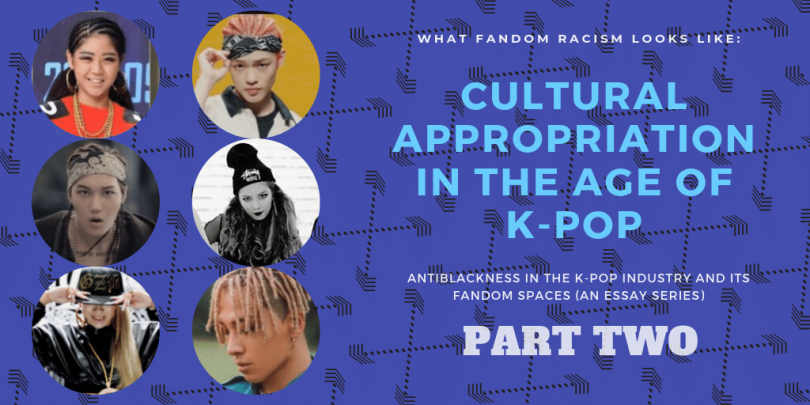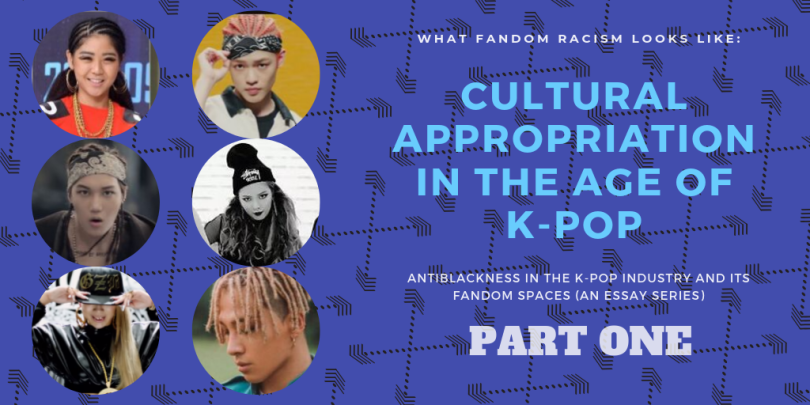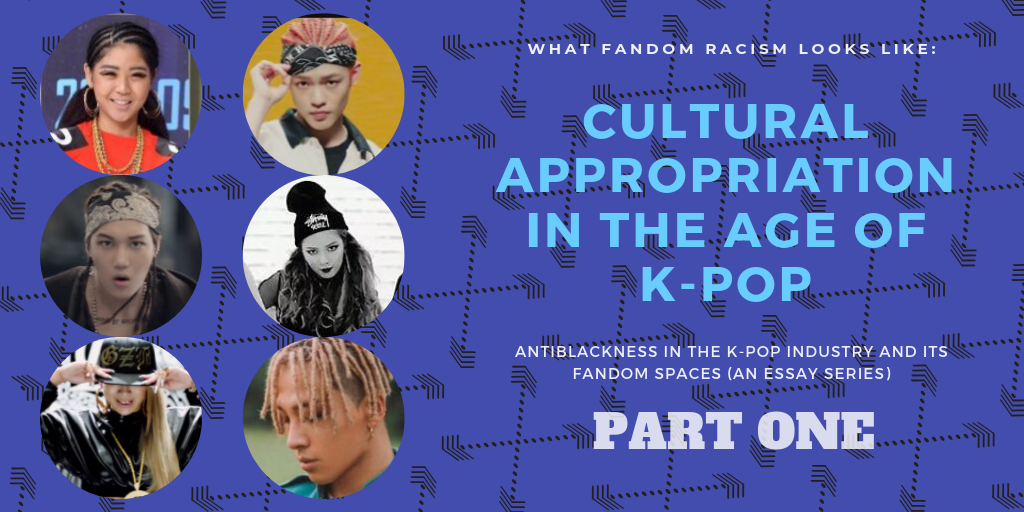It’s always so hard to pare down my links to a manageable amount rather than pouring out the entirety of my bookmarks for the month. But between last time and now, I have read some incredible things! Here’s a sampling with the usual added commentary.
Ignoring A Problem Doesn’t Make It Go Away: On Lindsay Ellis and Anti-Native Racism
She finishes her brief segment on her Twilight Apologia grievance by doing a classic “see I’m a liberal ally to the brown folks” move straight out of a JK Rowling’s tweet: adding the link to the Quileute tribe’s fundraiser to prove that she’s not racist, she cares about ACTUAL problems that the Quileute folks face. Not something as trivial as representation in Twilight but REAL problems. Clearly she cares more about indigenous issues than the indigenous people she’s arguing with.
In any case, you don’t need to be native to know there isn’t much sincerity to someone who dedicates two hours to taking shots of whiskey for every “apology” they have to make. Quite frankly it would’ve saved her time to just upload a five second Youtube video of her telling us to eat shit. The same message would’ve been delivered expeditiously.
A lot of people think that ignoring a problem like racism in media – here anti-Native racism in Twilight and Pocahontas… and Ellis’ coverage of both after the fact – will just make it go away. Add in a heaping helping of Ellis weaponizing her white womanhood and lumping in real Natives trying to educate her in with the very legitimate harassment she does get… And you’ve got a disastrous approach in one.
I thought this piece by Ali Nahdee was brilliant, insightful, and is a must-read for people who genuinely care about representation in media, fighting anti-Native racism, and holding ourselves and our favorite content creators accountable. In this country, Indigenous communities are mistreated and misrepresented as the norm. Media is one of the biggest ways that their cultures are repackaged – often being boiled down to a single experience set up to serve for the whole – and it’s important to recognize when we and our favorite/popular cultural critics drop the ball on recognizing that.
Read More »











You must be logged in to post a comment.